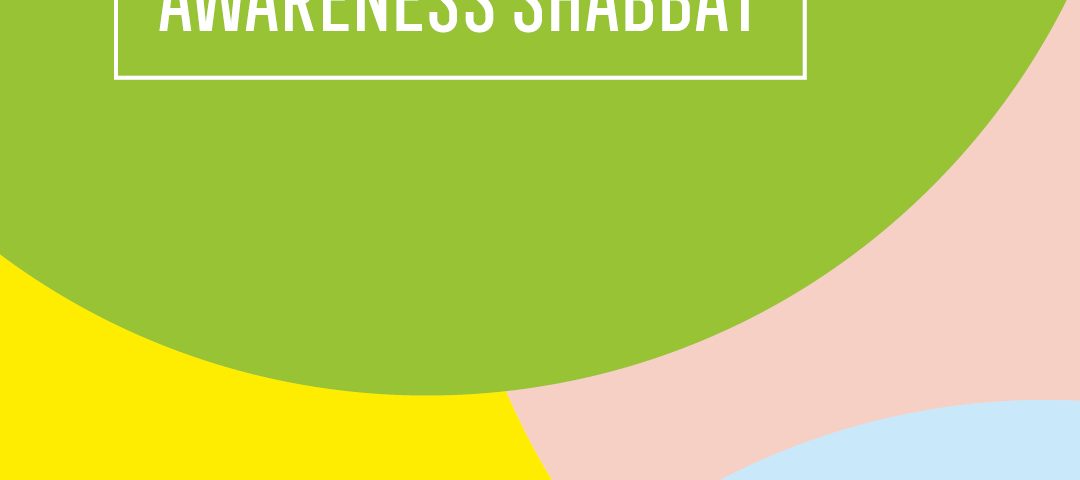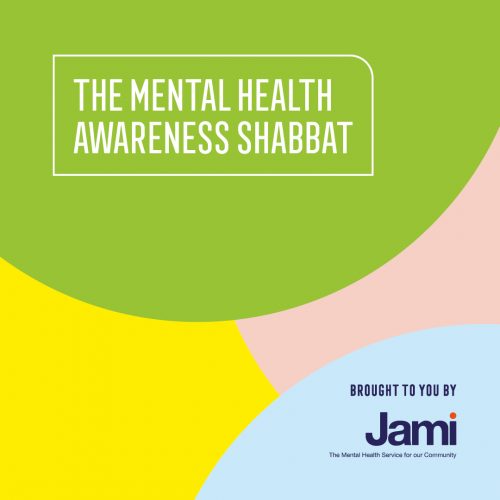
by Rabbi Miriam Berger, Finchley Reform Synagogue
I’ve been feeling rather sad and helpless. My grandma, who has been so stoic since losing her husband of 75 years to Covid-19 at the beginning of lockdown, has recently been under the weather, confused and had a fall which led her to a night in hospital. Nothing unusual for a 95-year-old; but it’s so much harder for families when hospitals and care homes are completely closed off to visitors. I’m not suggesting they should be doing anything differently: it’s not a criticism, just a statement of fact. One of the single greatest aims of both hospitals and care homes is to preserve life, with dignity; but never before has the preservation of life come at the expense of so much else.
In his book, Wrestling with God and Men, Rabbi Steve Greenberg teaches so brilliantly a lesson woven into the fabric of creation, and perhaps one we do not highlight enough:
“Creation has finished its grand symphony on the final notes of our earthling. Creation pleases God. Every phase of the creation process is judged to be good, and on the last day of creation, when the earthling is finished, the whole cosmos is deemed “very good”. And now, with everything seemingly in place, God informs the ‘Adam’ of one rule that must be obeyed on pain of death.
‘Of every tree in the garden you are free to eat; but as for the tree of knowledge of good and evil, you must not eat of it, for as soon as you eat of it, you shall die.’
At the moment the threat of death is uttered, even as a possibility, everything changes. Following God’s announcement, “You shall die,” the adam says nothing. God responds, but to what? Did God see something in the adam’s face, posture or spirit?
The Lord God said, “it is not good for Adam to be alone; I will make a fitting helpmate for him.” (Gen 2:17-18)
After every successful creative effort in the first chapter of the story, “God saw, and behold it was good (tov).” At the very moment of fulfilment, as the tree of knowledge of good and evil is planted and protected and Eden is complete, God discovers a flaw in plan. Something is unexpectedly “not good” “lo tov”. The first fly in the ointment of creation is human loneliness. Again the unpredictable consequences of creation are a surprise. The human created in the image of God is catapulted from playing in the garden to contemplating mortality. A single rule about a forbidden fruit has given birth at once to freedom, sin and death. Suddenly Eden is a very lonely place.
Until now creation was to satisfy God. Until now only God could judge the outcome of things as good or not good. Now, the adam must be satisfied. It is assumed that the adam will know the fulfilment of desire, the end of aloneness when it comes, and will be able to judge what is good when it is discovered.
We treated the world as if it were Eden; our playground where we, as the stewards of the earth like the earliest adam, were entitled to anything and everything. Covid-19 seems to have been our moment where the threat of death is uttered and has changed everything, and yet, what seems to be the first, debilitating response? Just like Adam, one of loneliness and isolation.
Greenberg helps us recognise the greatest challenge of this time. As he calls it, “The unpredictable consequence of creation”. When our eyes were first opened to this awful pandemic, we reacted with anxiety around practicalities; we understood it as a physical limitation. How can I ensure I have enough toilet paper, pasta, flour? Our physical needs were what we thought would be our greatest test. Could we stay well and stay satiated? We thought that was what we needed to assess a situation as “tov”.
Yet what we now see is everyone dealing, to their own personal extent, with a different kind of deprivation: one of social contact, regular interactions, stimulating friendships and chance meetings. We’ve lost the connections that give our lives the colour and texture we need to boost our mental health.
With strict lockdown criteria in place, and a long winter ahead, I am hearing everyone’s sadness. For some, the pandemic is exacerbating the lonely and isolated state they live in permanently. Others are struggling with their mental health in ways they would never have predicted. This year is testing all of us.
And thus the philosophical argument cycles around us: how can we cheat death when, just as our hospitals and care homes are able to attest, it is relationships (be they with partners, family, colleagues or friends) that give our lives shape, meaning and direction? For months, we had thought the biggest quandary was the terrible balancing act between the economy and health, but this year we add to those impossible scales those of physical health and mental health.
This struggle to prioritise mental health is not a new one. It is something that organisations like Jami have been trying to highlight for decades within the Jewish community. But perhaps at a time when so many have taken such a dip in their mental wellbeing, we can all begin to appreciate for the first time that our mental health has to be understood as having an equal impact to that of our physical health; that loneliness, depression, anxiety and countless other conditions which make up part of our mental health are not things we can “shake ourselves out of”. They can be as debilitating as a broken limb, cancer or organ failure and, left untreated, can have equally fatal consequences.
Jami teaches us, “More than 6,500 people across the UK take their own lives each year, and tens of thousands more attempt suicide. It is also the biggest killer of young people. Raising awareness that suicide is a public health issue is key.”
As we look back at our story of the first human, we remember part of the message comes in the lack of Adam’s response. He faces his mortality alone and says nothing. It is only God who recognises his struggles, within his silence. Greenberg asks, “Did God see something in the adam’s face, posture or spirit?” At a time of pandemic and isolation, when even fewer people would be able to notice those subtleties in the silence, we have to raise the understanding of mental health in our communities, encouraging those who need support to feel able to seek it out, and those who can to support the charities and infrastructures so overwhelmed at this time.
We need to see Greenberg’s commentary in conjunction with Sivan Rahav-Meir’s observation on Adam. She asks:
“Why were Adam and Eve expelled from the Garden of Eden? Every kindergartener will answer: because they ate from the Tree of Knowledge! But it could be that this answer is not really correct. They were not expelled because they made a mistake and ate, but because of their reaction after the mistake. They could have admitted, apologised, and changed, but instead Adam told God: “The woman whom you gave to be with me – she gave me from the tree and I ate.” Adam did not take responsibility, but rather implicated Eve and, by extension, the God who created her. Instead of being thankful for the creation, the Garden of Eden, and his wife, Adam complained. Rashi summarises Adam’s response with “here he showed his ingratitude.” This is the reason that we were expelled from the Garden of Eden: lack of gratitude.” (Translation by Yehoshua Siskin).
I take issue with Rahav-Meir, and in turn, with Rashi. To me, it is not ingratitude but a lack of taking responsibility. Perhaps the lesson we learn from Adam is when we are faced with an understanding of mental illness and its effects we need to take responsibility to find our voice. We cannot rely on others being as intuitive as God. We need not to try to find blame, but rather to find our voice and ensure mental health and physical health are considered with the same importance by the individual, by society at large and by the NHS.
We’ve had to learn a whole new language over recent months, with words we didn’t think we’d ever need – furlough, lockdown, bubbles – given a whole new meaning. May we also be given the opportunity to teach the world a language to describe our mental health; one that diminishes any taboo and allows us to reach out when we need it, and in turn reach out to others at their time of need.
Just as Adam did, we stare our own mortality in the face and we hear the echo of God’s words to him: “It is not good for these humans to be alone.”
